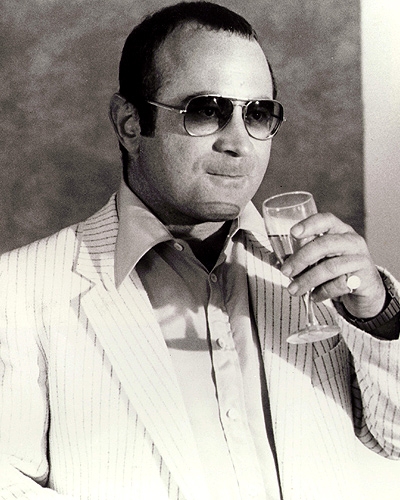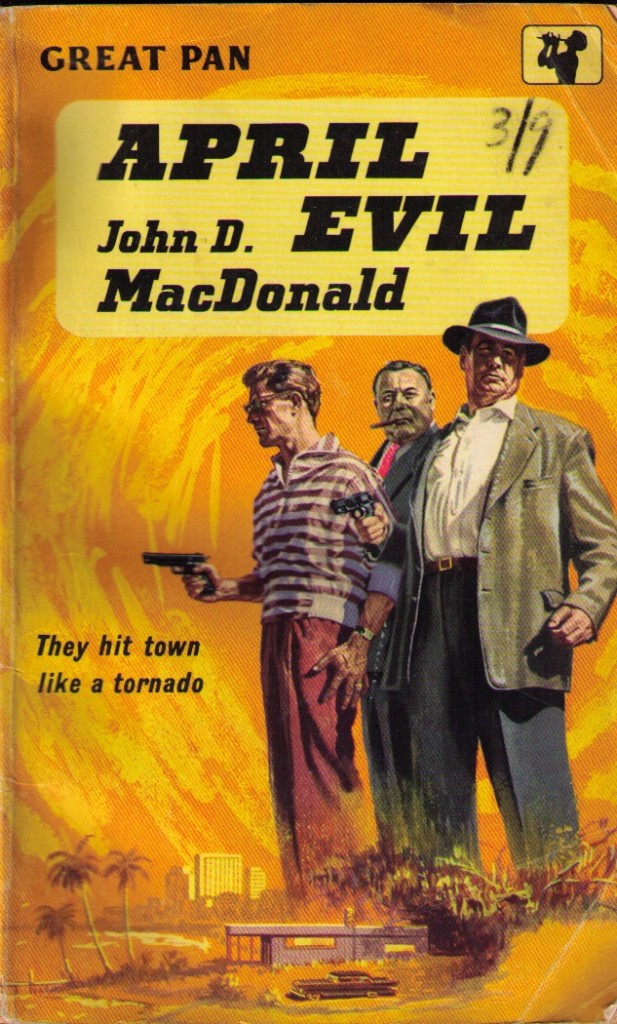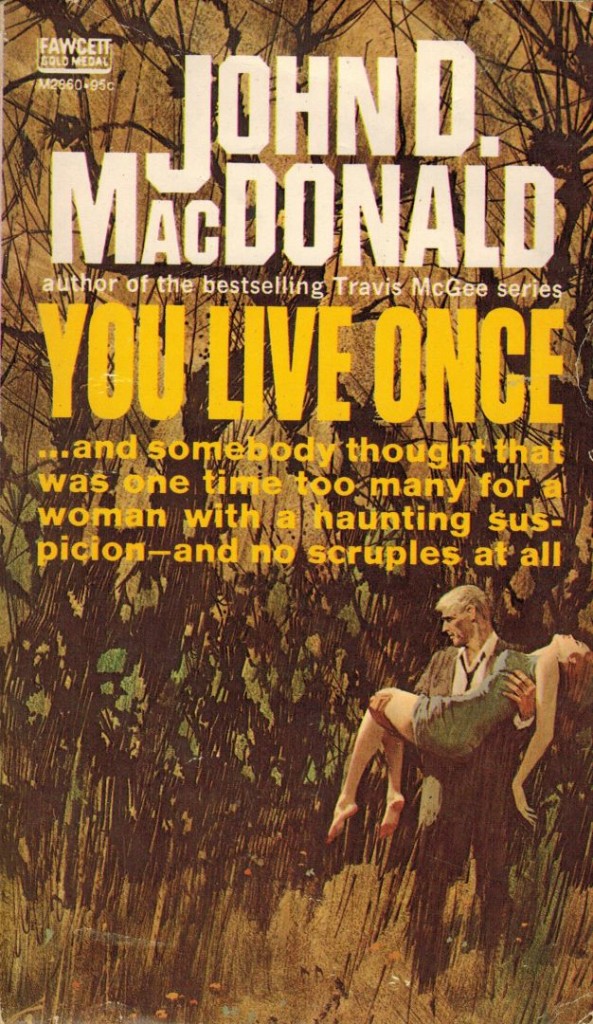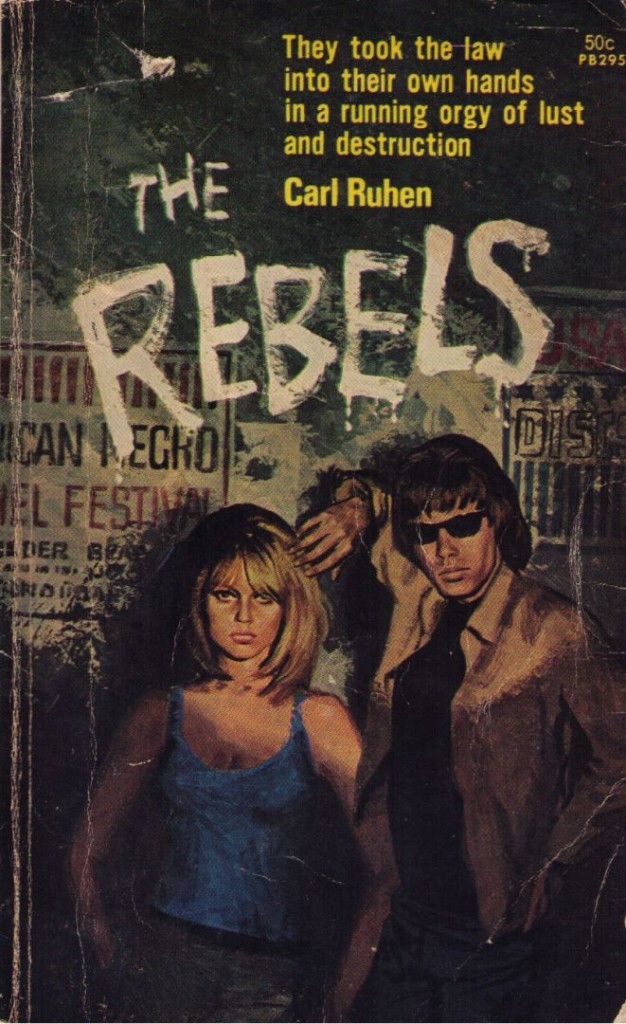 As a seasoned habitué of second hand bookshops, and what is known in some quarters as ‘an early career author’, I often ponder the reality of literary obscurity.
As a seasoned habitué of second hand bookshops, and what is known in some quarters as ‘an early career author’, I often ponder the reality of literary obscurity.
It takes stern stuff (or huge sales) to go into a large second hand bookshop and not feel humbled by the sight of shelf upon shelf of old books. All those hours, days, weeks, years of literary labour selling cheap, if they sell at all.
What makes a particular book or author famous, while the majority are forgotten – the vagaries of history or the market, luck or accident? Equally fascinating is the process by which some authors are plucked from historical obscurity and given a second chance.
I thought about this most recently while reading Murder in The Telephone Exchange, a murder mystery set in late forties Melbourne by June Wright, recently re-released by US-based publisher, Verse Chorus Press.
You can read the rest of this piece here on the Overland Magazine blog.
… Read more




































